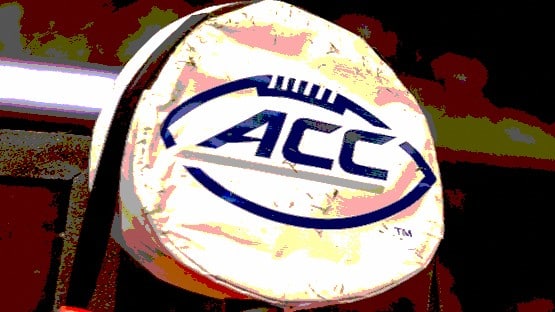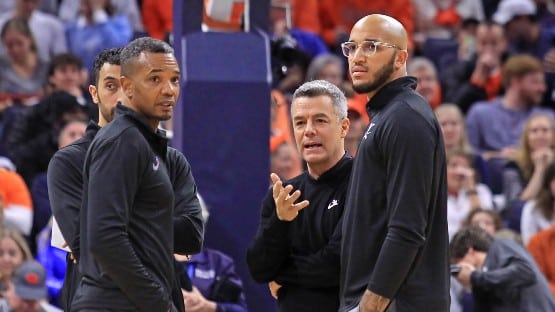
The ACC proclaiming that it could fold if Florida State leaves should tell you everything you need to know about why FSU wants out.
Well, to start with, the ACC is not done if FSU leaves.
The ACC is finished if anyone else finds a way out.
The desirable schools have better opportunities available if they can figure a way out of the binding grant of rights agreement, or an apparent binding agreement.
That’s why the suits in Charlotte are burning the midnight lights in their shiny new headquarters.
As an attorney friend of mine once said, the only certainty in the courtroom is the uncertainty.
So, Friday, the Florida State University Board of Trustees said, that after many years of the Seminoles propping up the ACC, we have decided to enter the transfer portal and forego playing in the ACC.
If it were only that simple.
Well, it is if you are a player. But that’s a story for a different day.
The legal action that FSU put into motion sets up a showdown between the school and the conference, over what has been considered a binding document.
The stakes are huge.
An FSU win in court will all but destroy the ACC as a Power 4 conference.
Why?
Simple, a wave of other schools will follow the blueprint FSU would have successfully utilized to break the GOR to exit the conference.
If Florida State is a winner in court and is allowed to leave the ACC early, then game on, the race is on between the SEC and Big Ten to become the AFC and NFC.
Many see that as a reality now.
FSU wants in on the expansion.
So, what’s the ACC countering with?
Plenty.
First the conference and its members made a deal that prioritized stability over constant renegotiating with networks every few years.
FSU signed on to that deal in 2016.
The ACC claims it would be damaged by a successful FSU challenge to the GOR, as it would severely damage the league’s value to ESPN.
No argument for that.
What the ACC is leaning on appears to be an agreement that FSU made to not take any action that would “affect the validity and enforcement of the GOR.” To challenge it in court is doing exactly that.
As in everything in college sports, the bottom line is money.
This has absolutely nothing to do with the Seminoles wanting out of the ACC after getting snubbed by the College Football Playoff committee, because of the lack of glitter from the ACC.
Nothing.
It’s about the money.
Next year, the CFP is expanding from four to 12 teams. The chance of an undefeated team, regardless of conference affiliation, being left out is slim-to-none.
Heck, staying in the ACC would give FSU a huge boost in making that 12-team tournament. Every year.
Back to the money.
ACC teams currently earn around $35 million from their television deal with ESPN.
Next year both the Big Ten and SEC teams will bring home about $60 million.
Quick math, ACC teams will be $25 million less than Big Ten and SEC teams.
That gap will only get worse as the ACC’s current GOR agreement ages.
And that’s not aging well with FSU, or other ACC schools.
The Seminoles are simply the first over the wall.
As Florida State Athletics Director Mike Alford said in Friday’s meeting, “This isn’t a relationship issue, it’s a math problem.”
He’s wrong.
It’s both.
How bad does FSU want to jump from what they perceive as a sinking ship?
Apparently, they are willing to jump without a life preserver.
Obviously, the SEC and Big Ten are the most attractive landing spots.
The problem is that both the SEC and Big Ten appear reluctant to further expand their leagues.
There’s not much value to the SEC in adding Florida State, as they already have the University of Florida, and that Tallahassee TV market just doesn’t move the needle.
FSU is not a member of the AAU (American Association of Universities), which is a prerequisite for Big Ten admission.
But who knows, such statements and conditions have been made by conferences before, only to change direction.
What’s next?
To say anyone knows how this will conclude is silly.
How could we?
But to believe that FSU would simply play nice until 2036 while neighboring schools make about $500 million more is foolish.
FSU has gone “over the wall.”
The rest of the ACC is waiting to see what happens.








